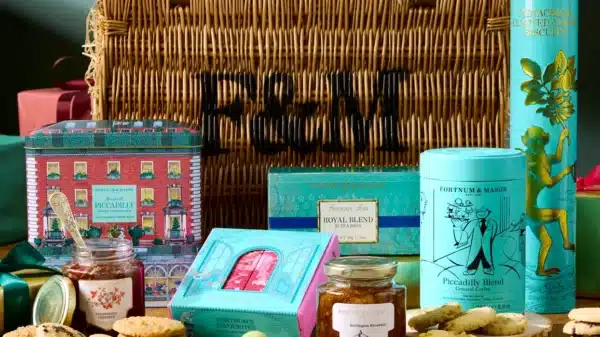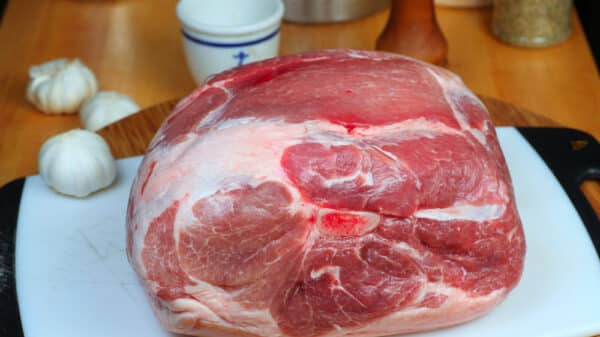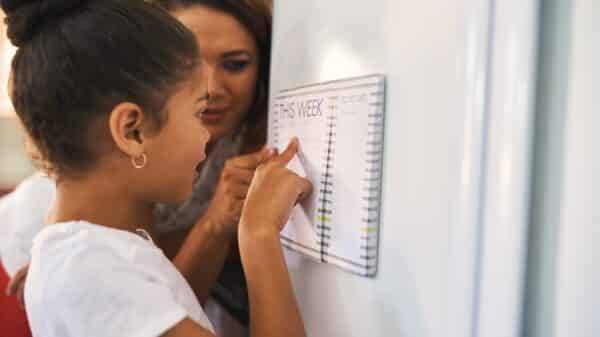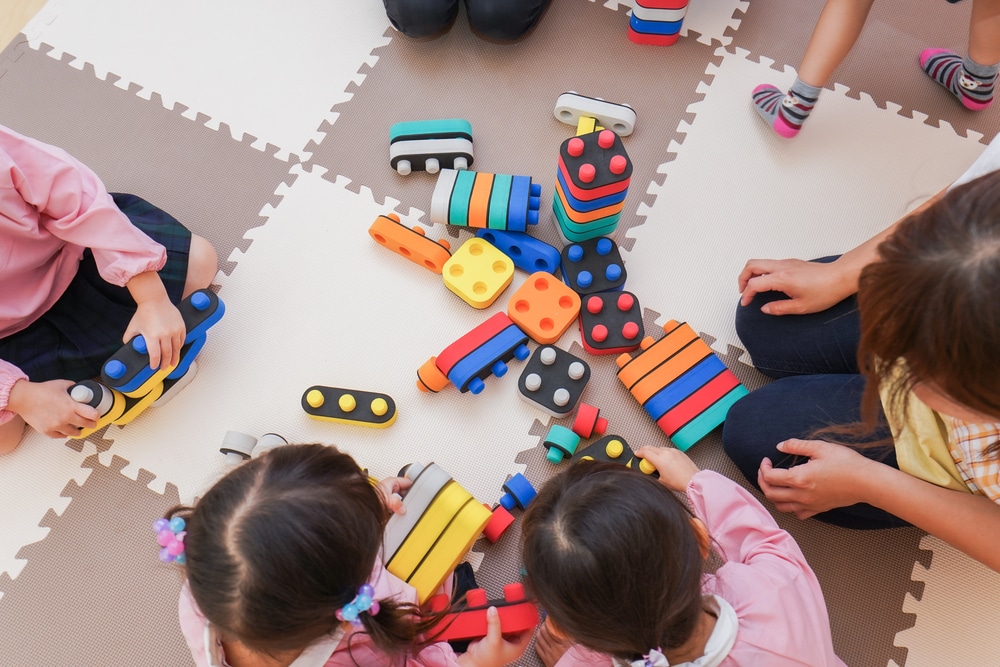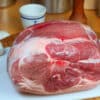During the 2024 presidential campaign, then-candidate Donald Trump prominently featured tariffs—essentially taxes on imports—as a key element of his economic strategy. He enthusiastically declared, “The word ‘tariff’… is a beautiful word. It’s music to my ears.” However, while such assertions may sound appealing, experts and retailers have raised serious concerns about the real-world implications of these tariffs.
Implementing tariffs, especially at the proposed levels—like the staggering 145% on Chinese goods currently on pause—could significantly increase prices for American consumers. With about 80% of toys sold in the U.S. being imported from China, retailers are anxiously preparing for a holiday season that could see shelves less stocked and prices higher. Many companies finalize their orders months ahead of the holidays, and this year, uncertainty is causing them to hesitate—an action that could spell trouble for families hoping to purchase toys and gifts in time for the festivities.
Greg Ahearn, CEO of the Toy Association, voiced a growing concern: “We have a frozen supply chain that is putting Christmas at risk. If we don’t start production soon, there’s a high probability of a toy shortage this holiday season.” It’s hard not to feel the weight of those words—many parents are already stressed about finding the right gifts for their kids, and the thought of shortages adds even more anxiety.
Trump’s broader intention with these tariffs is to stimulate the return of manufacturing jobs to the U.S. While that goal might resonate with many Americans, the transition to domestic production is no quick fix. Experts debate whether tariffs will genuinely drive manufacturing back home; in the meantime, companies continue to rely on overseas production. This reliance translates directly to higher costs, which inevitably fall on consumers’ shoulders.
In light of these challenges, the Toy Association has collaborated with toy industry leaders globally, appealing to exempt toys from tariffs. According to Kathrin Belliveau, the organization’s chief policy officer, “Toys are essential products for childhood development and early education.” It’s universal—the right toys can nurture creativity and learning in our children. However, a lack of affordable options due to tariffs can be a roadblock for many families.
When asked about the concerns surrounding the tariffs, Trump seems nonchalant. He remarked, “Well, maybe the children will have two dolls instead of thirty. Maybe the two dolls will cost a couple of bucks more.” This perspective feels disconnected from the reality many families face, especially those trying to manage budgets and make their children’s holidays magical.
At present, the proposed tariffs are on hold until mid-July, leaving us all in a state of uncertainty. With Trump’s administration already marked by turbulence and unexpected changes, it remains unclear what the future holds for these tariffs. As the countdown to the holidays accelerates, both manufacturers and consumers might need to brace themselves for a shopping season that could unfold quite differently than in years past. This situation not only affects retailers and toy producers; it touches every household trying to create joyful memories during the most wonderful time of the year.
Image Source: maroke / Shutterstock


